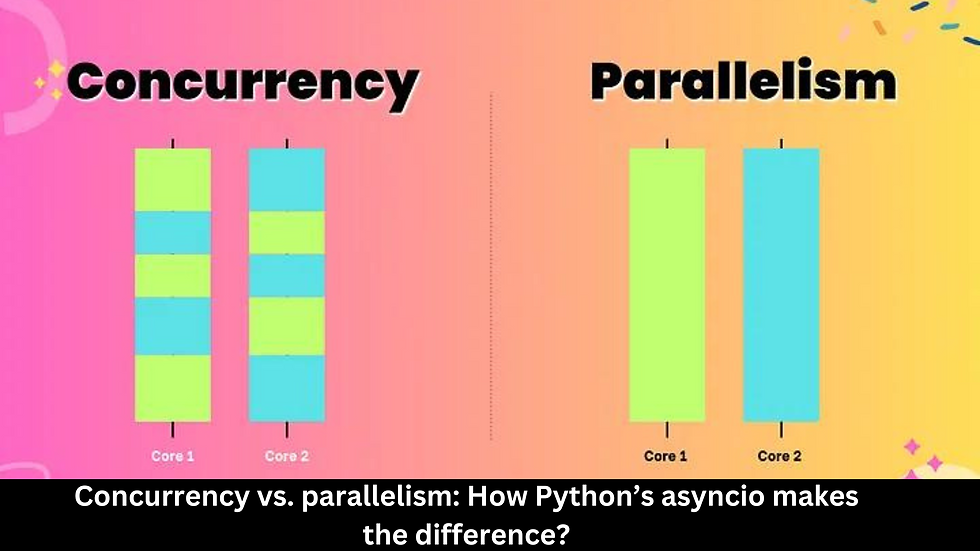Unlocking Potential: Exploring IoT Use Cases
- Shaikh N

- Jan 18, 2024
- 2 min read
The Internet of Things (IoT) has emerged as a transformative force, connecting devices and systems to enable a smarter and more efficient world. The versatility of IoT extends across various industries, revolutionizing the way we live and work. Let's delve into some compelling use cases that highlight the vast potential of IoT.

1. Smart Homes and Connected Living:
One of the most visible and widely adopted IoT applications is in smart homes. From thermostats and lighting systems to security cameras and kitchen appliances, IoT devices create an interconnected ecosystem that allows homeowners to control and monitor their living spaces remotely. This not only enhances convenience but also contributes to energy efficiency and home security.
2. Industrial IoT (IIoT) in Manufacturing:
IoT in manufacturing plays a pivotal role in the form of Industrial IoT (IIoT). Connected sensors and devices on the factory floor enable real-time monitoring of equipment, predictive maintenance, and process optimization. Manufacturers can enhance operational efficiency, reduce downtime, and make data-driven decisions, ultimately leading to improved productivity and cost savings.
3. Healthcare:
IoT is revolutionizing healthcare by providing innovative solutions for patient monitoring, remote healthcare services, and efficient management of medical equipment. Wearable devices, smart implants, and health monitoring applications enable healthcare professionals to track patients' vital signs in real-time, enhancing patient care and enabling early intervention.
4. Agriculture and Precision Farming:
In agriculture, IoT technologies are empowering farmers with precision farming techniques. Smart sensors and actuators on agricultural equipment, combined with data analytics, enable farmers to optimize irrigation, monitor soil conditions, and manage crop health. This leads to increased yields, reduced resource usage, and sustainable farming practices.
5. Transportation and Smart Cities:
The transportation sector is undergoing a significant transformation with IoT applications. Smart traffic management systems, connected vehicles, and public transportation systems equipped with IoT devices contribute to the development of smart cities. These solutions aim to improve traffic flow, reduce congestion, and enhance overall urban mobility.
6. Retail and Inventory Management:
Retailers are leveraging IoT to streamline inventory management, enhance customer experiences, and optimize supply chain operations. RFID tags, connected shelves, and smart checkout systems help retailers monitor stock levels in real-time, prevent stockouts, and create personalized shopping experiences for customers through data analytics.
7. Environmental Monitoring:
IoT technologies are instrumental in monitoring and addressing environmental challenges. Connected sensors are deployed to measure air and water quality, monitor wildlife, and track climate changes. This data aids environmental scientists and policymakers in making informed decisions to mitigate the impact of climate change and preserve ecosystems.
8. Energy Management:
In the energy sector, IoT contributes to efficient energy management and conservation. Smart grids, connected meters, and IoT-enabled devices help utility companies monitor energy consumption, optimize distribution, and integrate renewable energy sources. This results in a more resilient and sustainable energy infrastructure.
Final Thoughts
The use cases of IoT are as diverse as the industries it touches. From enhancing everyday living in smart homes to revolutionizing complex industrial processes, IoT is a powerful force driving innovation across the globe. As technology continues to evolve, we can anticipate even more creative applications of IoT that will reshape our world in unprecedented ways.








Comments